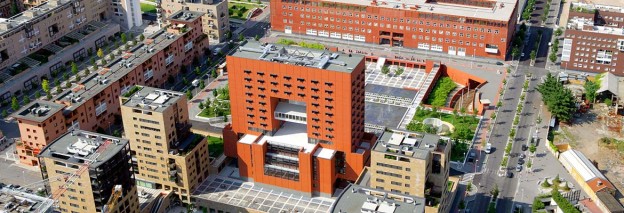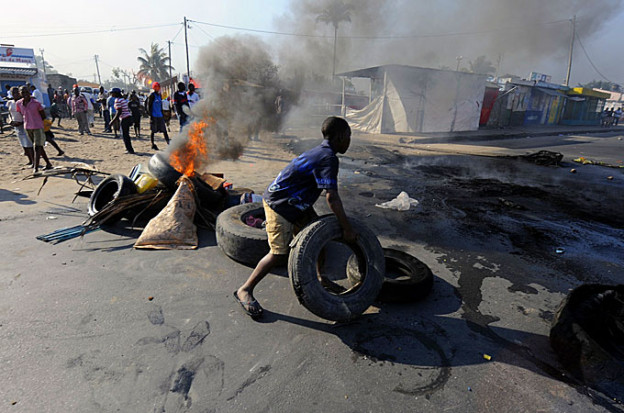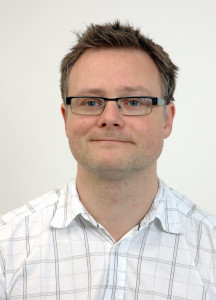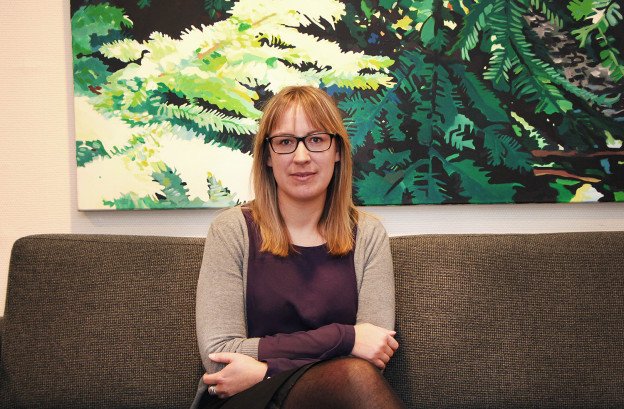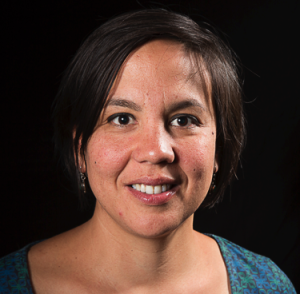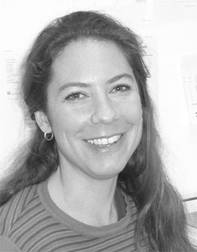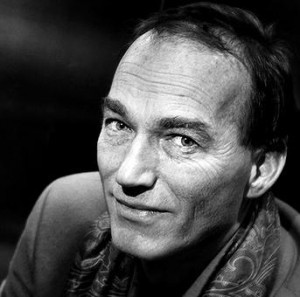We are organizing a panel at the upcoming European Association of Social Anthropologists (EASA) conference in Milan, 20-23 July 2016. The panel ‘Raising Europe: Managing parents and the production of good citizens’ examines how European welfare states attempt to produce good citizens. We invite papers that use the realm of parenting to study how European states attempt to raise their citizens (see below for long abstract).
Paper proposals can be submitted through the EASA website, following this link:
http://nomadit.co.uk/easa/easa2016/panels.php5?PanelID=4069
The deadline for submissions is February 15, 2016.
Kind regards,
Synnøve Bendixsen (University of Bergen)
Charlotte Faircloth (University of Roehampton )
Anouk de Koning (Radboud University Nijmegen)
Long Abstract
European national publics are diversifying. Governments often see this diversity as creating challenges with respect to the fabric of national society, social cohesion, and the production of good future citizens. Simultaneously, in times of economic crisis and neoliberal reforms many governments redefine their role vis-à-vis citizens and society, stressing citizens’ ‘responsibility’, their ‘own strength’ and mutual aid. This panel examines how, against the background of these governmental concerns, European welfare states attempt to produce good citizens. It does so by using the realm of parenting as its vantage point, since this is the space where new citizens are most literally moulded, both in the intimate sphere of the family and in public institutions.
This panel invites papers that discuss how governmental agencies, such as schools and health care institutions, manage parents through a range of policies, institutional arrangements and professional practices, and how various parents respond to such attempts at governing. In what ways do various institutional actors attempt to govern and foster the production of future citizens? What are the parental responses to governmental interactions and interventions related to their parenting? What might be some of the unintended or corrosive consequences of these interventions at the level of intimate family relations, and society more widely? By comparing cases from across Europe, this panel will provide insights into European welfare states’ attempts to raise their citizens in the context of diversifying national publics and neoliberal reforms.

